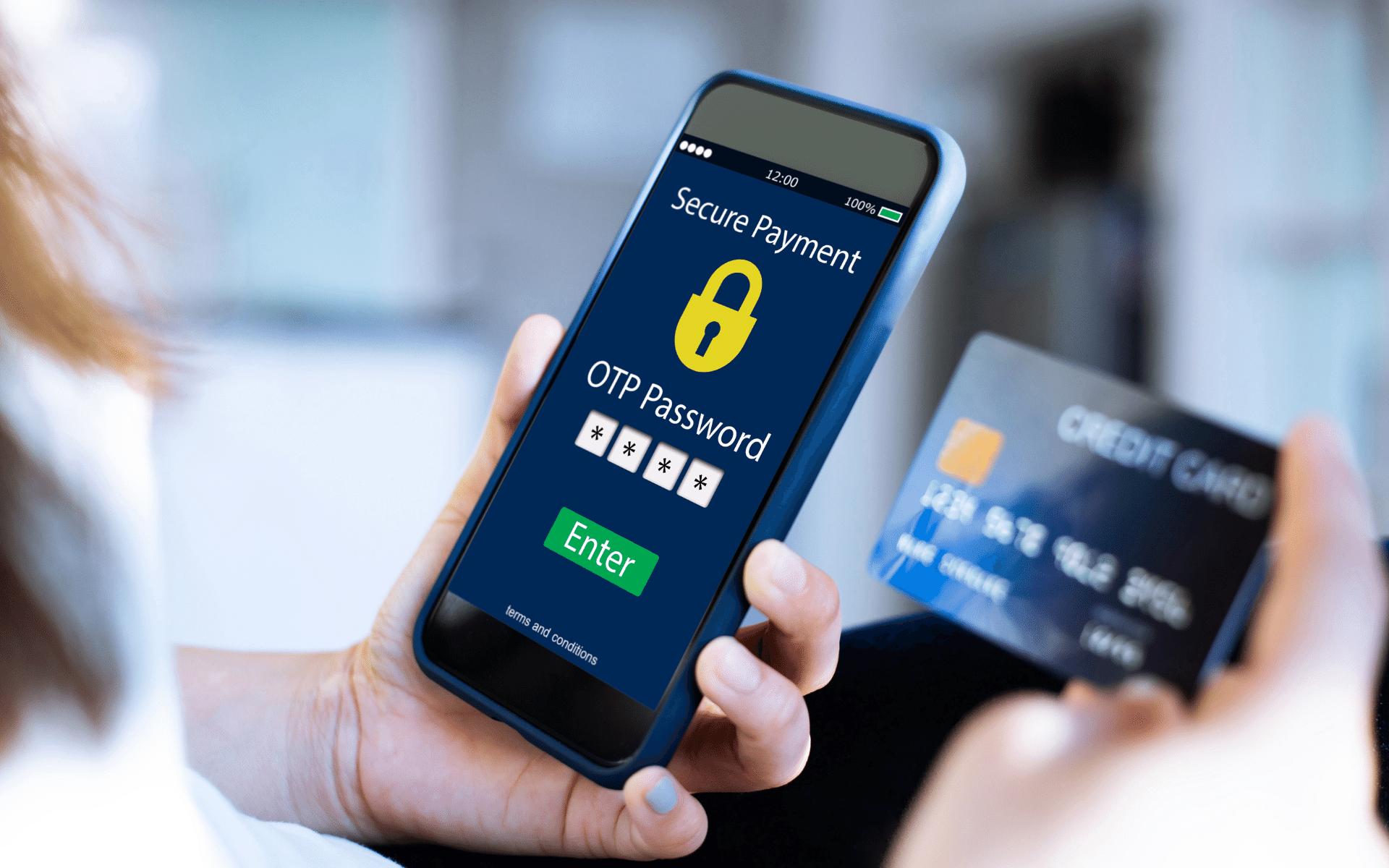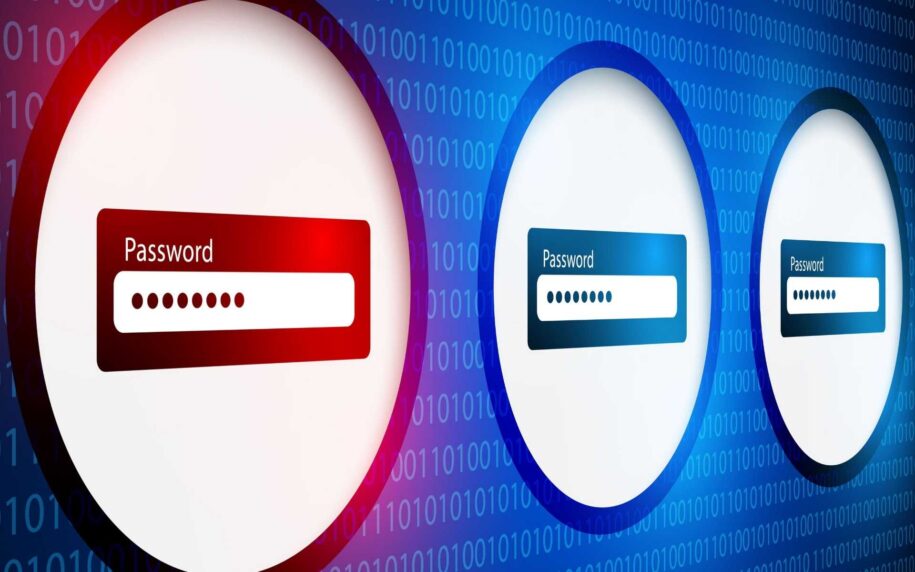10 Best Practices For Creating And Securing Stronger Passwords
It’s never been more critical to strengthen your security by using stronger passwords. A Consumer Reports survey showed that over 50% of Americans have at least six password-protected online accounts. Another study suggests that 100,000,000 online passwords will be in use by 2020. Each report is a potential target of hackers and requires stronger passwords.
Consumer Reports research shows that hackers easily access highly private information through a website’s security. As an example, take Macy’s data breaches. Fortunately, hackers are becoming more prolific thanks to better hacking tools and lower fees.
Even though it is impossible to ensure that your accounts will not be hacked in any way, creating stronger passwords is one of the best defenses.
Ten tips for stronger passwords
Here are some ways to create stronger passwords that can be used to prevent malicious actors from accessing your website.
- Do not use the same password to access multiple accounts.
- Do not use any personally identifiable terms.
- Do not use common words or phrases.
- Different types of characters are used in
- Belong.
- Don’t misspell things.
- Utilize multi-factor authentication.
- Change your passwords regularly.
- Do not save passwords.
- Use password managers.
Are you ready to make your online life safer? Let’s dive deeper into each password strategy.

1. For multiple accounts, never use the same password
It is easy to compromise the security of your password by using the same password on various sites. Hackers can easily hack your accounts if they know your password for one website. This is why it’s essential to use different passwords for every budget.
2. Do not use any personally identifiable terms
It’s easy to remember your password using your son’s name, favorite movie, or pet’s name. It also makes it easy to hack them.
Strong passwords don’t have any personal ties.
Hackers can access these tidbits by mining your social media profiles. If they attempt to log in to your accounts, they will most likely use your personally identifiable information. This information should not be used in passwords. Instead, choose something more challenging to guess. (Learn more about that in the next point.
A related point: Remember to be careful about what you post online. Hackers can easily access your accounts if you give away too much information through social media profiles.
Now it’s time for the real deal. Make passwords unique. These are some tips to support you create stronger passwords.
3. Avoid common words and phrases
Or, in other words: Password, 12345, and qwerty are all out. Avoid using easily identifiable information like your spouse’s name or wedding date.
4. Different types of characters can be used
You don’t have to choose between numbers or letters. Instead, you can use a combination of characters, such as @, %, numbers, and numbers.
It is more difficult to crack your password using many different characters.
You might find it helpful to imagine a phrase as a series of words and then identify the places where you can add different characters. For example, “I am a fly fishing fanatic” might turn into iAm@fLyf!sh!ngF@n@t%c.
5. It should be long
According to the same Consumer Reports survey, 29 percent of those who use passwords to protect sensitive accounts use a password with seven characters or less. This is terrible news because longer passwords are much more challenging to crack. This is a difference of several weeks or even years. Eight characters are the minimum, but a minimum of fifteen characters is recommended if you want stronger passwords.
6. Don’t make the mistake of spelling words
It can be difficult to guess passwords if you make mistakes in spelling. For example, “fantastic” might be guessable, but ” fantastic” would be more challenging to crack.
7. Utilize multi-factor authentication
Multi-factor authentication is becoming a viable option as the landscape of digital security changes, and stronger passwords are less secure.
Two-factor authentication requires you to know both the password and have a device that can be linked to the account.
You might get a text message on your phone with a code to allow you to complete the login process after you have tried to log in to your account. It will be atmost impossible to log into your account if you don’t have the password or the additional security code. Hackers will be much more likely to gain access to your account if you enable two-factor authentication.
8. Change your passwords regularly
Because passwords lose quality over time, hackers will have to try to crack them more often. You can stay one step forward of cyber criminals by regularly changing your passwords.
It’s a good practice to change all passwords every three months. Never reuse any old passwords.
If you don’t secure your passwords, even stronger passwords won’t be of any protection.
9. Never share or save passwords
When you use a public computer, don’t save passwords; check the “remember my” box. Even better, avoid accessing personal accounts from public computers unless you are using a remote device.
If possible, avoid sharing passwords with others.
If you’re sharing your password in person with someone you trust, it is best not to. Keep a list of passwords in writing to aid you with remembering them.
Hackable electronic devices can put your accounts at risk. You can keep a list with passwords on paper, but make sure to store it safely. Avoid writing down stronger passwords if possible.
10. Use a password manager
A password management system is an excellent option if you have trouble managing stronger passwords. This is a list of the top password managers.
Be vigilant
It can be challenging to create stronger passwords and remember them. It is much easier to take the time to make stronger passwords than it is to deal with the consequences of being hacked. These ten tips will help you create stronger passwords and keep your online safety in mind.

